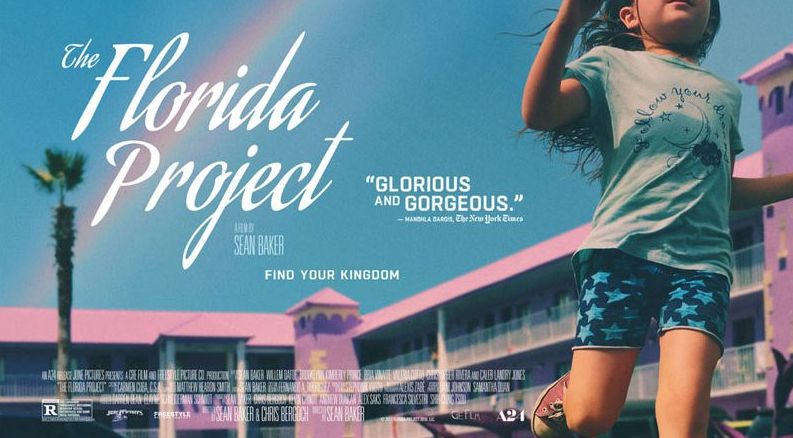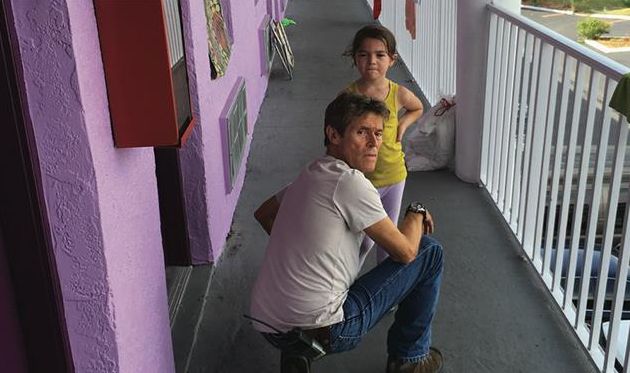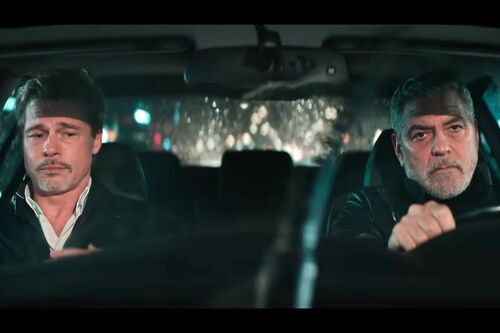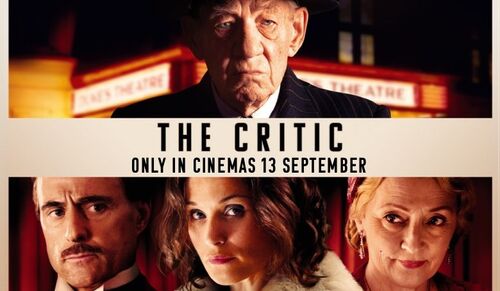
"The Florida Project" Review
 "The Florida Project" earned rave reviews following its debut at the Cannes Film Festival in May. A24 quickly picked-up the film for distribution, with an eye on an awards season. Similar to last year's "Moonlight", which earned A24 its first Best Picture Oscar honor, "The Florida Project" is unique, experimental filmmaking. But while writer/director Sean Baker ("Tangerine") presents a fresh visual perspective, his story fails to shine.
"The Florida Project" earned rave reviews following its debut at the Cannes Film Festival in May. A24 quickly picked-up the film for distribution, with an eye on an awards season. Similar to last year's "Moonlight", which earned A24 its first Best Picture Oscar honor, "The Florida Project" is unique, experimental filmmaking. But while writer/director Sean Baker ("Tangerine") presents a fresh visual perspective, his story fails to shine.
This film is basically a series of short vignettes covering the Summer vacation antics of a few elementary school kids who live in two motels just outside of the Disney World property in Orlando, Florida. The Happiest Place on Earth is only a few blocks away, but the lives of these rugrats are far from cheerful.
Most Americans are well aware of the dichotomy between life at Mickey's Magic Kingdom (or any popular family resort) and the adjacent neighborhoods, where poverty, crime and dysfunction are the norm. Yet, from beginning to end, Baker hits us over the head with the comparisons between the ugly realism of tourist towns and the fabricated happiness of the popular vacation destinations. If he has something new or insightful to offer on the topic, Baker doesn't share it with us.
The kids, primarily 6-year-old Moonee (Brooklynn Prince), are innocent yet foul-mouthed and come from low or no-income, fractured families. They're basically on their own, constantly getting into trouble - some worse than others. Halley, Moonee's mother, has no job. The pair beg and hustle (in more ways than one) for food and to pay the rent each week for a room at the Magic Castle (which is an actual Orlando motel).

Trying to keep the Magic Castle afloat is manager Bobby (played by Willem Dafoe). He is clearly the biggest name in the cast and provides a nice, grounded presence. Though Bobby is far from a "showcase" role, Dafoe's scenes do provide "The Florida Project"' with its only legitimately dramatic moments.
Baker edited his own film. The cuts are sporadic and random, giving "The Florida Project" a rigid, ragged flow. He incorporates the motel structure into the unconventional narrative, allowing the building to become one of the movie's most interesting characters. It's just too bad there isn't enough here to justify a two-hour runtime. The content gets way too repetitive and several of the vignettes are simply filler, going nowhere. I rarely make this statement, but this concept would have been much more effective as a 20-minute short. The climactic scene, which the director intends to be powerful, is instead a final pounding home of the same message.


